Unilever Faces Market Share Challenges Amidst Rising Private Labels and Price Hikes

Updated Jan 24, 2024
Unilever, renowned for producing Dove soap and Ben & Jerry’s ice cream, faced challenges in maintaining its fourth-quarter market share in grocery stores across various categories in Europe and the United States. Moreover, data indicates that the company yielded ground to private labels and reduced its product offerings.
The food and consumer products industry has recently sharply increased the prices of essential goods. Consequently, they have done this to offset rising input costs stemming from the pandemic and aggravated by Russia’s invasion of Ukraine.
This led to a cost of living crisis in Europe and the United States. Thus, consumers shifted towards more affordable private-label brands offered by retailers such as Carrefour, Tesco, and Walmart.
Unilever’s Price Dynamics: From Peak Growth to Easing Hikes
Unilever experienced a peak underlying price growth of 13.3% in the fourth quarter of 2022. Its home care business prices rose by almost 17%, and ice cream business prices increased by about 14%.
However, the rate of price hikes diminished, and in the third quarter of 2023, Unilever increased prices by only 5.8%, according to Nielsen data.
P&G, Unilever’s major competitor in household and personal care, adjusted its annual profit forecast due to a slowdown in price hikes. Unilever is set to report full-year earnings on Feb. 8 this year. Investors and analysts have raised concerns about its shrinking market share and the growing prominence of private-label brands.
From ice cream to mayonnaise and laundry detergent, Unilever witnessed a decline in market share in various categories in Europe and the United States. The company’s European market share in food fell by 160 basis points, while its market share in household and personal goods decreased by 52 basis points.
In the United States, Unilever’s body wash business, including Dove products, saw the most significant market share loss, dropping by 510 basis points.
Unilever’s Patience-Required Approach to Market Share
Private-label food sales have surged, with Nielsen data indicating a 16% increase in the two years leading up to March 2022, reaching $135.5 billion. Retailers with significant private label brands have capitalized on this trend, innovating and marketing aggressively as major consumer companies raised prices.
Reducing the variety of products produced has contributed to Unilever’s decline in market share. This reduction is particularly evident in its ice cream segment, where artificial intelligence and other tools guide decisions on discontinuing products.
Unilever’s focus on 14 key “billion-euro brands,” including Dove, reflects a strategy to concentrate innovation and marketing efforts on essential brands.
During a recent conference call, Unilever’s CEO, Hein Schumacher, emphasized the priority of enlarging categories and developing markets rather than simply stealing market share. Analysts and fund managers have called for Unilever to address weaker growth areas and improve market share, acknowledging that this transformation will require time and investor patience.

Sign up for our newsletter
Join our exclusive community of over one million investment enthusiasts and receive our free newsletter filled with analysis, news, and updates every weekday.












 All stocks
All stocks
 All Stocks
All Stocks
 52-Week High
52-Week High
 52-Week Low
52-Week Low
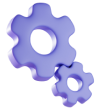 AI Companies
AI Companies
 Big Tech
Big Tech
 Death Cross Stocks
Death Cross Stocks
 Golden Cross Stocks
Golden Cross Stocks
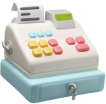 High Beta
High Beta
 High Dividend
High Dividend
 High Volume
High Volume
 Highest Cash
Highest Cash
 Highest EBITDA
Highest EBITDA
 Highest NET Income
Highest NET Income
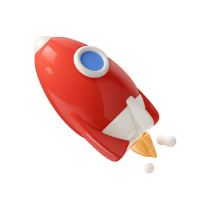 Highest Revenue
Highest Revenue
 Largest Employers
Largest Employers
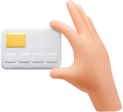 Most Expensive
Most Expensive
 Most Volatile
Most Volatile
 Tech Companies 2024
Tech Companies 2024
 Triangle Patterns Stocks
Triangle Patterns Stocks
 All ETFs
All ETFs
 All ETFs
All ETFs
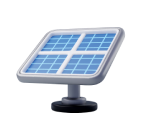 Energy Sector ETFs
Energy Sector ETFs
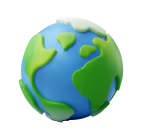 Major World ETFs
Major World ETFs
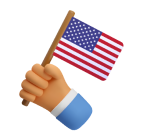 Top US ETFs
Top US ETFs
 All Tools
All Tools
 Alerts
Alerts
 Technical Signals
Technical Signals
 Score
Score
 Smart Portfolio
Smart Portfolio
 Candle and Chart Patterns
Candle and Chart Patterns
